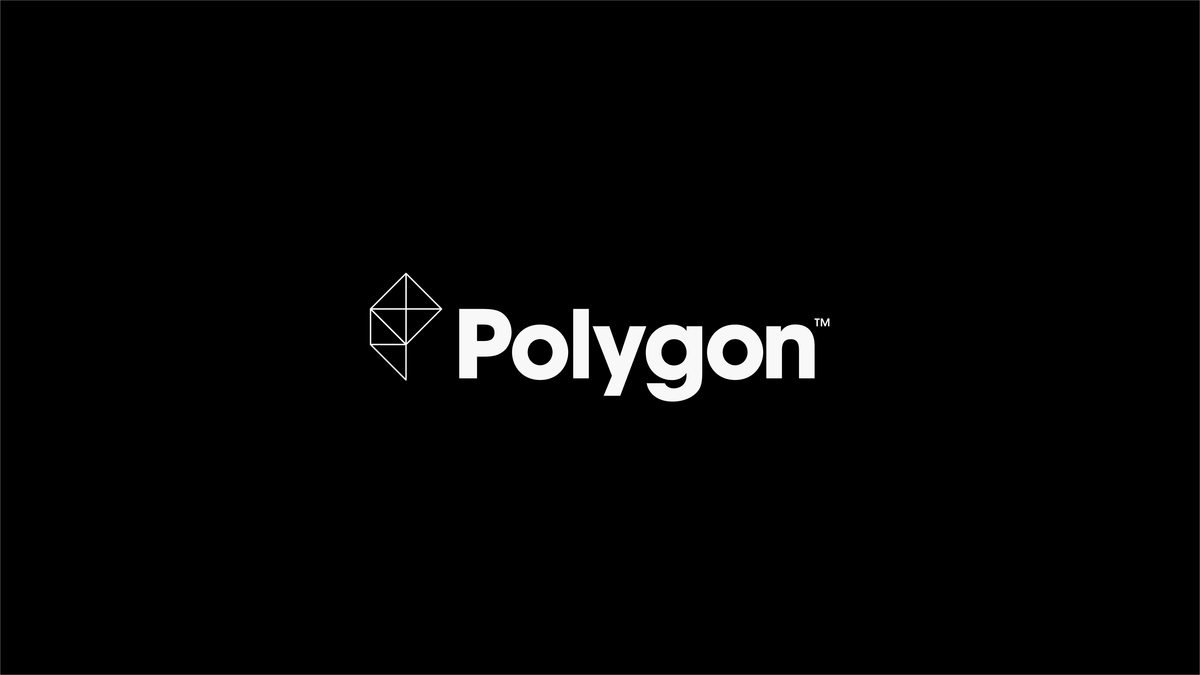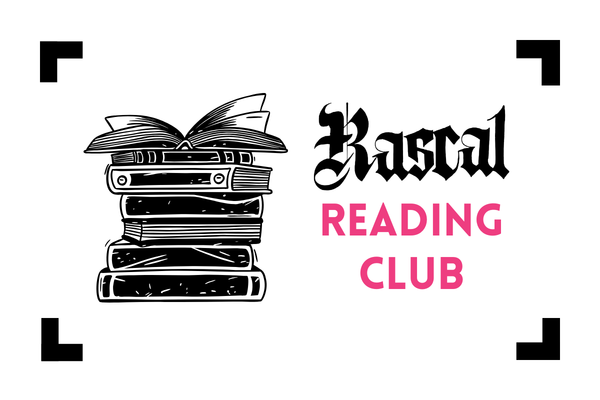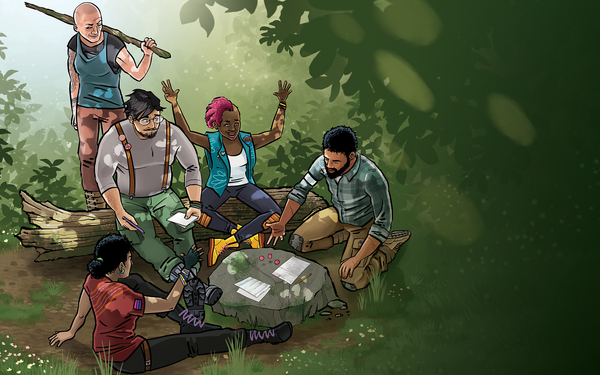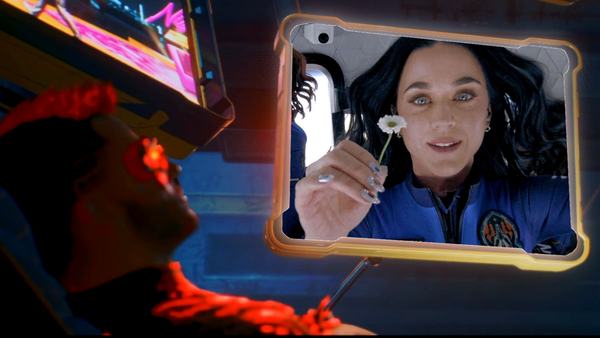A Stool with Two Legs
Without Polygon, Rascal wouldn't exist. How does tabletop journalism continue without it?

The unceremonious death of a major news publication is less remarkable these days than you might hope. Corporate-owned media lives under the whim of executives and vulture capital who too often view their investment in journalism as something that should create "line go up" value or else face the headsman. I wish that could explain why Vox Media Inc. sold one of the biggest games media outlets to Valnet, while also laying off all but a handful of Polygon's excellent staff. Cruelty defies understanding, sometimes. But I bet it has something to do with C-suite payouts and eliminating such "waste" as payroll.
The Rascal crew gathered to discuss the alarming news of Polygon's effective death, which includes longtime tabletop editor Charlie Hall on Episode 13 of the Rascal Radio Hour. Not only a formidable journalist in his own right, Hall was instrumental in creating the conditions for this website to exist and flourish. Without Polygon's brand of tabletop journalism, it will be more difficult for Rascal (and everyone else) to cover the industry with the same rigor and understanding. Like a stool with two legs, tabletop journalism has been left wobbling precariously. The crew explains why they cannot be the entire answer and express concern for the future.
But they also step out from underneath their grief to talk about a fascianting sequel to Dungeon World from an equally fascinating team, along with impressions from the UK-based, fan-run SALUTE convention, and how Hasbro will weather US tariff impacts by wearing a Magic: The Gathering-shaped rain coat. All that and a trip deep into The Question Dungeon!
You can find Rascal Radio Hour on Apple, Spotify, and all the other various podcatchers. Leaving a five-star review helps new listeners find our show and website! Since we eschew traditional advertising, reviews and spreading word is genuinely a massive help — thank you!
Here's an excerpt:
Chase: I don't know what tabletop journalism is going to do without Polygon and without Charlie. I talked about this a little bit on Bluesky, but I think it's worth explaining that we can't pick up the slack. Rascal can't just pick up the slack of what Polygon was doing. Charlie and the freelancers there were doing a specific kind of journalism that we rely on, and was necessary for us to be able to do our job properly, but that we don't have the bandwidth or the capability or — if we're being really honest — the desire to do. Rascal's a very specific kind of journalism. We do a lot of criticism, we do a lot of cultural looks and reported features, but a lot of that is built on a foundation of other people basically talking about this game exists and this is out now, here's a project that's coming out, here's these games that are on sale. [It's] what you would call consumer journalism: basic facts, that sort of stuff that a lot of folks who just wanna learn about tabletop games really rely on. Rascal is really not an entry point audience site.
That's what Polygon was trying to do with the tabletop section. Here's a way to make tabletop games inviting and accessible for people who have seen D&D in a game store, or you you were in Barnes and Noble and saw a box set, right? You saw MTG cards that your friends were playing, and you wanted to learn more about that. We don't really do that sort of stuff, but we rely on folks like Polygon to do it because information ecosystems need both parts. And without Polygon, our ecosystem is missing a critical species in the food chain. And if anybody knows anything about ecology, you take out a critical link in a food chain, and everything goes to shit really quickly.
Thomas: Polygon had a lot of good stuff going for it, but it also had these really horrible incentives to work under, right? Because they were not subscription-based, and they were essentially click-based, right? I don't know if that is the full picture, but for the audience, this is what you need to think of: They were free to read and therefore, where did they get money? They got it through a lot of different stuff, but essentially people clicking things. That ends up with a weird kind of journalism. You have to go wide. You have to cover what is the biggest thing right now. If you don't cover something that people might click on, you've wasted an opportunity, right?
And all of these journalists, while they might not have wanted to do that, were working under those conditions because it enabled this platform to exist and so they could do other things as well. They were being pragmatic, they were working for the company, they were doing that annoying content labor that you have to do if that's your business model.
Rowan: I'm nodding profusely over here.
Thomas: Yeah, yeah. I just want to say that's not the stuff that we're nostalgic about. Even when I'm reporting an article or referencing this big thing happened that happened to years ago, And I just want to link to it. Who's written about it? Polygon has. You know what I mean? They have the big things that happened. There is a little story that has all the context, and I can just link to it. That is really useful. You know, that's the thing that I'm worried about losing. Maybe we fill that hole, right? Maybe every important thing that happens, maybe we find a way to cover it. But because we're paywalled, we still can't be that thing, right? You're paying, so that we don't have to do that stuff, and we appreciate it.
Rowan: Well, unless Tim Onion gives us a million dollars out of the goodness of his heart.
Chase: Tim, get in touch.





